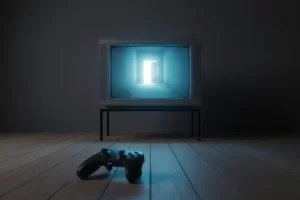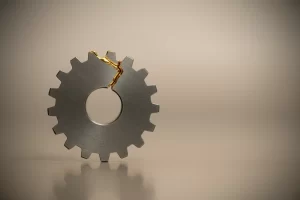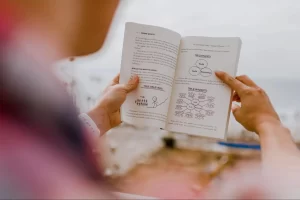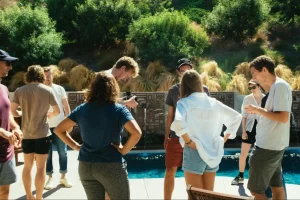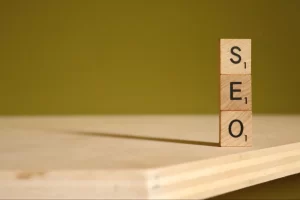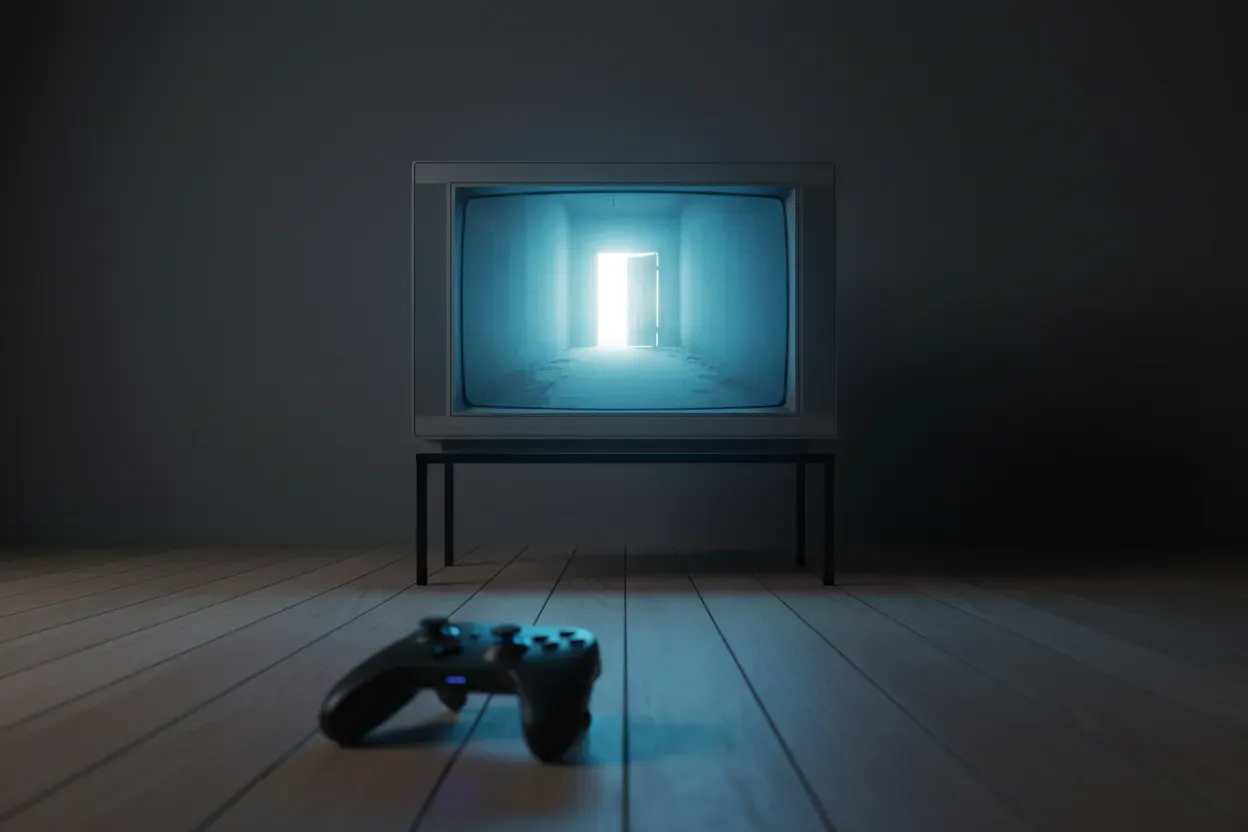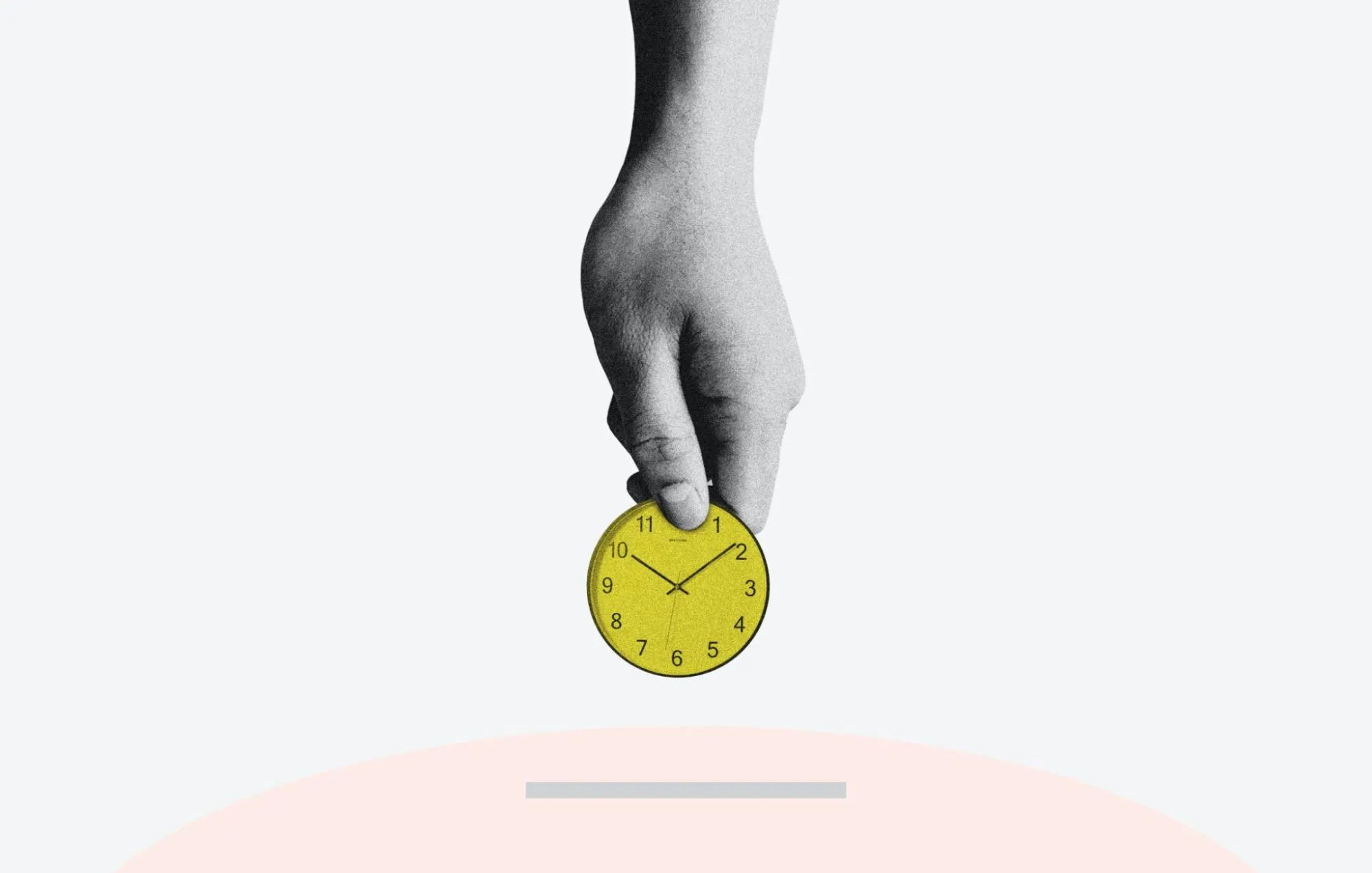Does It Take 10,000 Hours to Become An Expert?
From spending quality time to how complex expertise is, here are eight answers to the question, “How many hours do you need to put in to become an expert and why?”
- It’s All in the Quality of Time Spent
- Focus on the Right Steps First
- Concentration Level vs. Number of Hours
- Depends on the Competition
- Be Recognized in Your Field
- Real Experts Never Stop Learning
- Aim for Several Hours of Practice Each Day
- Expertise Development Is More Complex Than You Think
It’s All in the Quality of Time Spent
We have all heard that it takes someone 10,000 hours to become an expert on a subject. We have to factor in, however, the quality of time spent. Often, the quality is more important than the number itself.
If you spend several hours each week intensively studying, followed up with applying what you’ve learned, you are well on your way to mastery. Certain fields definitely call for more time in action; think doctors and lawyers, but for the average person in business and their careers, dedicate as much or as little quality time as you’d like. More time equals more expertise.
Isaac Mashman, Founder, Mashman Ventures
Focus on the Right Steps First
While becoming an expert certainly doesn’t happen overnight, it’s not just about how many hours you put in. It’s about taking the right steps. For example, it helps to be passionate about whatever you’re pursuing. Working with a qualified mentor or taking classes can keep you motivated and educated, too. You need to make sure that you’re taking all the steps required to become an expert to get there, no matter how many hours you put in.
Marilyn Zubak, Marketing Lead, Snif
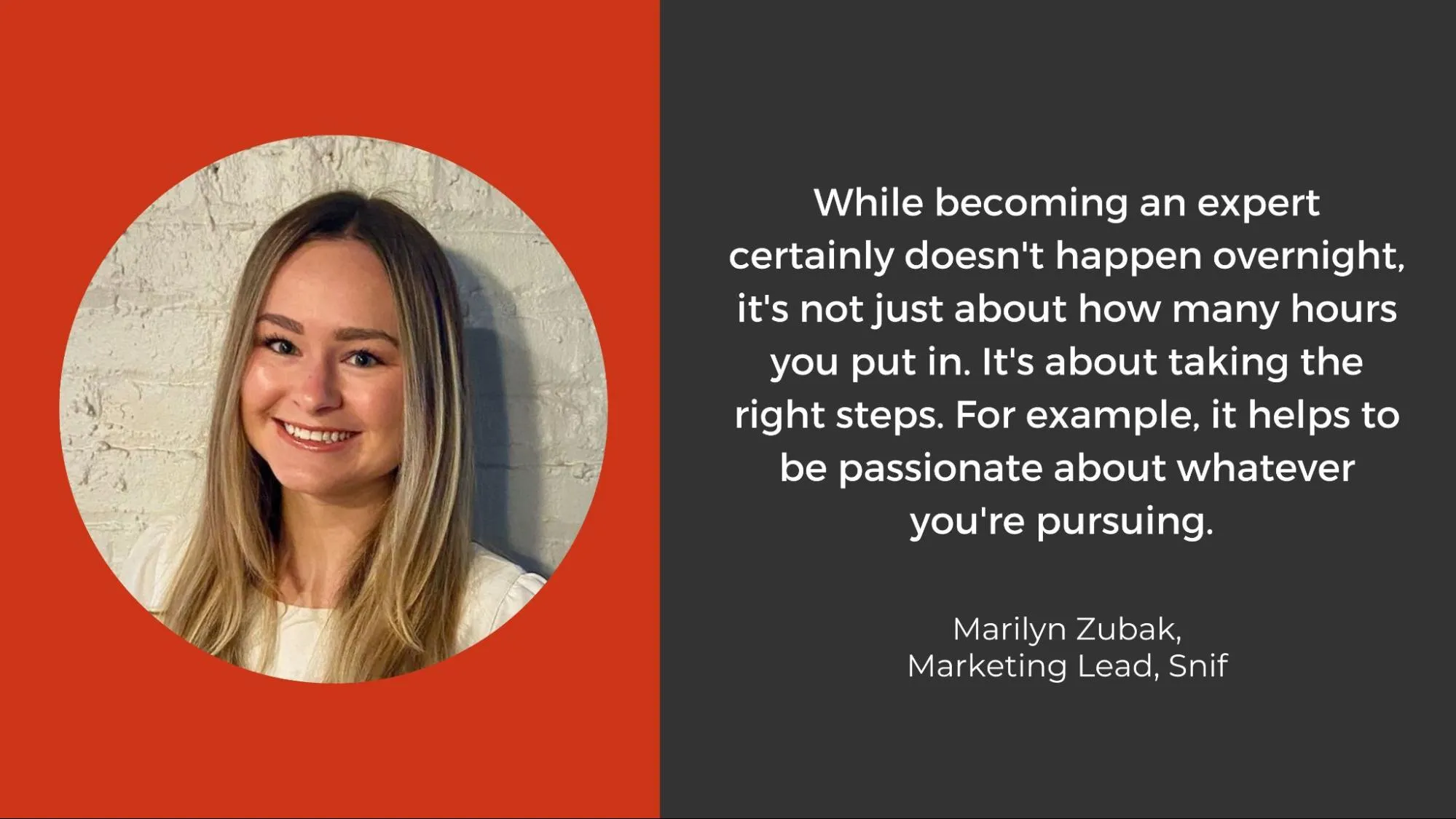
Concentration Level vs. Number of Hours
With becoming an expert in something, the amount of effort and focus that you put into it is actually the most important factor. If you sit for four hours with complete focus, you will get more done than if you sit for twelve hours with only a moderate amount of concentration.
Therefore, in this context, what is important is not the number of hours you devote to mastering something; rather, what is significant is the level of concentration with which you approach your work.
While you are working towards becoming an expert in one area, the most important thing you can do is learn something new from the ground up, make mistakes along the way, and learn from those experiences. And accomplishing all of this requires a significant amount of concentration and labor!
Kartik Ahuja, CEO & Founder, GrowthScribe
Depends on the Competition
The amount of time required to become an expert in a particular field largely depends on the amount of collective knowledge in the area. For example, if the field is relatively new or is a niche subject, then it may not take as long to become an expert compared to a field that has been around for centuries.
In the latter case, it would require extensive study and practice to become an expert, as there is a much larger body of knowledge to become familiar with. The more complex the field, the more time it will take to become an expert. Therefore, the time needed to become an expert in a field depends on the difficulty of the subject.
Grace He, People & Culture Director, Teambuilding.Com
Be Recognized in Your Field
It took me roughly five years of rigorous and single-minded effort in my case before I regarded myself as an expert in my profession. Being an expert implies that you are paid to practice that area and have unique and objective achievements in your field that your peers highly regard.
Put another way, the best sign of competence is when other established professionals in your industry refer to you as an expert. However, my four- to five-year estimate is contingent on having a strong work ethic, appropriate mentors at the proper times, a stable family life growing up, the opportunity and flexibility to pursue it full-time, and so on, and with none of these things, mastery will take longer.
Furthermore, developing knowledge is a lifelong endeavor, and a determined professional and expert will continually learn and improve throughout their employment.
David Reid, Sales Director, VEM Tooling
Real Experts Never Stop Learning
Real experts are never done learning. While there are some popular answers for how many hours of practice you need to be an expert at something—1,000 and 10,000 are two common ones— there’s always more to learn. Any hobby, skill, or trade you learn will have updates and new technologies. If you don’t pick up those new elements, you’re not really an expert anymore. True experts know they should never stop learning about their craft.
Carrie Shaltz Haslup, Founder & CEO, Tabeeze
Aim for Several Hours of Practice Each Day
I believe it takes a long time to become an expert in any field. I would estimate that it would take at least several years of hard work and dedication to become an expert. The number of hours per day may vary depending on the person, but I feel like if you are truly dedicated and passionate about something, aim for at least several hours of practice each day.
It is also important to remember that becoming an expert requires more than just putting in the time; you should be constantly challenging yourself and learning new skills so you can truly become an expert. Every minute spent honing your knowledge and perfecting your craft will be worth it in the end!
Mark McShane, Marketing Director, Birmingham First Aid Courses
Expertise Development Is More Complex Than You Think
Professor Ericsson famously proposed that it takes 10,000 hours of practice to become an expert at something such as playing an instrument, game, or sport. However, more recent research has shown that expertise development can not be simplified into a single number of hours to develop proficiency.
Not everyone starts from the same place for skill development, and not everyone has the same teachers, trainers, mindsets, motivation, or potential. That last point, potential, is difficult to stomach but also important: even with 10,000 hours of the best practice, not everyone has the mental or physical potential to become an expert in every skill. Fortunately, most believe there is at least one untapped expert skill in everyone—sometimes figuring out what that skill is can be the hardest part!
Tali Ditye, PhD, Editor-in-Chief & Co-Founder, Mommyhood101.Com

Submit Your Answer
Would you like to submit an alternate answer to the question, “How many hours do you need to put in to become an expert? Why?”





